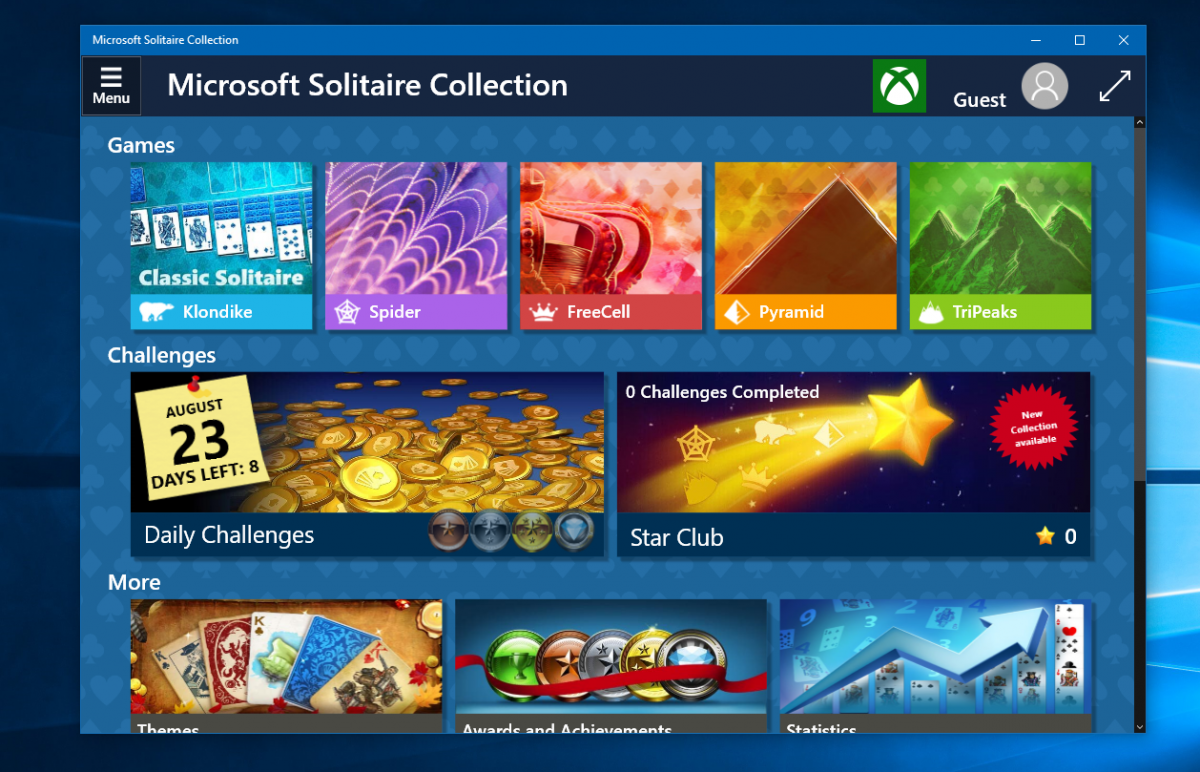

But it’s prudent to take reasonable steps to reduce one’s exposure - with further tips available from the U.S. Healthy individuals should be just fine with short-term exposure to smoke.
People with heart or lung diseases or those taking care of older people and children who are showing symptoms of respiratory distress (and may have undiagnosed health complications) may wish to further consult their doctors to see if they should leave the area during the worst conditions. Those who do not have an air conditioner may wish to find other alternative accommodations. Run the air conditioner if you’ve got one, keeping the filter (preferably a high-efficiency model) clean to capture fine particles that aren’t necessarily apparent and set to recirculate mode. Limit use of candles, aerosol sprays, gas stoves, fireplaces or even a vacuum cleaner because that stirs up particles. Keep indoor air as clean as possible with windows and doors closed tight. Once you have been asked to stay indoors (pets, too), the Centers for Disease Control and Prevention and others have some further tips: At the other end of the scale, the most alarming ratings are Code Purple (very unhealthy) and Code Maroon (hazardous). Code Yellow means air quality is moderate and risky to some sensitive groups Code Green means it’s good. In Code Orange, which much of Maryland was under Monday afternoon, such restrictions are directed at folks with breathing problems. 
Code Red is the primary unhealthy rating, and this is when everyone is advised to limit strenuous activities outdoors and those with respiratory illnesses shouldn’t go outside without a KN95 mask.

Air Quality Index, available at, which keeps tabs on wildfire impact as well as other pollution on the quality of the air we breathe. That leaves Plan B - making reasonable accommodations to reduce the harmful effects.įirst, pay attention to the U.S. Still, Canada has its redeeming features, so we are not inclined to invade a second time. Not since the War of 1812, when relations with our northern neighbor hit a historic low, have residents living in the shadow of Fort McHenry harbored such ill will toward their counterparts living in the Great White North. It’s one thing to spot an apocalyptic vision of a city lost in haze once or even for a day or two it’s quite another to live a full season with the scratchy throats, itchy eyes, asthma attacks and other breathing problems that inevitably come with it.







 0 kommentar(er)
0 kommentar(er)
